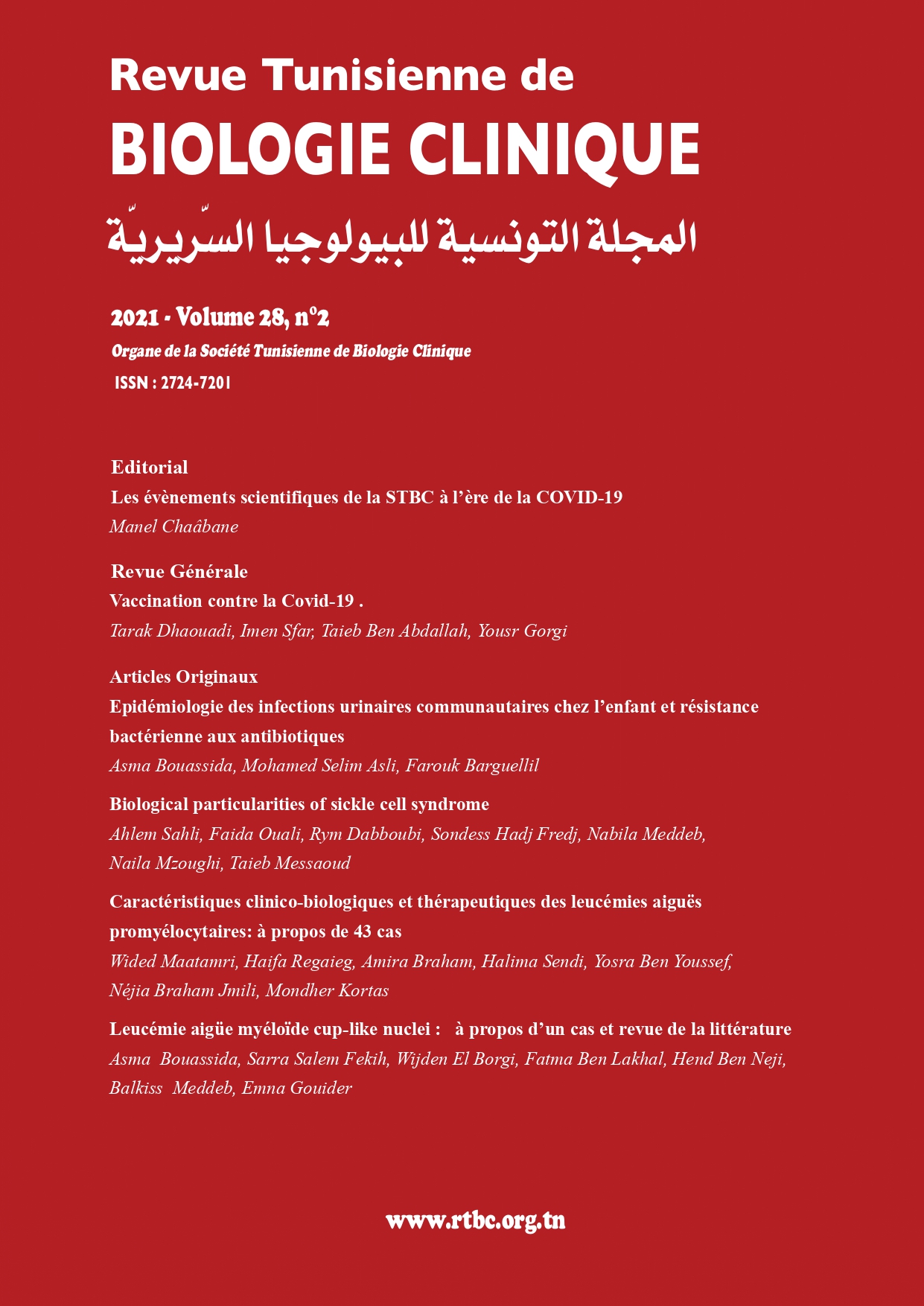Abstract
SARS-CoV-2 is the novel coronavirus responsible for the most tough challenge to humanity in a century, the COVID-19 pandemic. Since its emergence, the global scientific community has mobilized, and great efforts have been made to identify potential treatments and to develop prophylactic vaccines. The prominent feature of the vaccine development for COVID-19 is the wide range and the diversity of the platforms being investigated, including mRNA and DNA, recombinant viral vectors and virus-like particles, and more conventional approaches such as recombinant protein subunits and live attenuated or inactivated virus. This manuscript provides a brief description of the requirements and the pitfalls for an efficient vaccine development. We also discuss the immunological principles that need to be taken into consideration in vaccine development. In addition, this review examines the results of preclinic and clinic testing of the most advanced candidate vaccines. Finally, we discuss the weaknesses of phase III clinical testing and the post-vaccine herd immunity.

This work is licensed under a Creative Commons Attribution 4.0 International License.
Copyright (c) 2021 Revue Tunisienne de BIOLOGIE CLINIQUE

